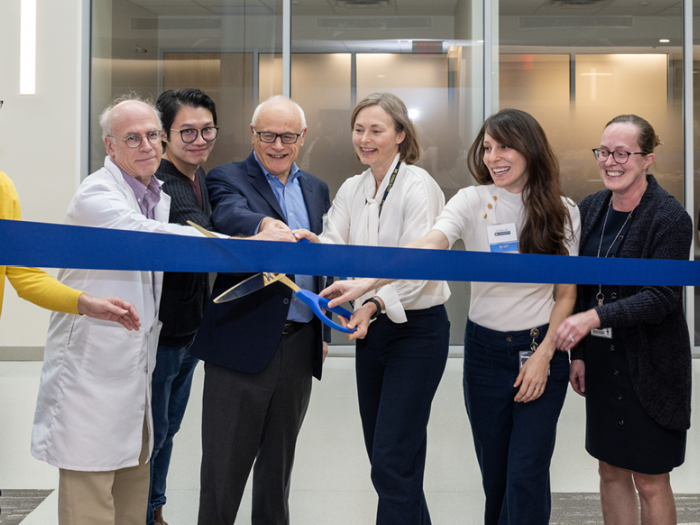-
Allergy & Clinical Immunology -
Cardiovascular Medicine -
Gastroenterology & Hepatology -
General Medicine -
Genetic Medicine -
Geriatric & Palliative Medicine -
Hematology & Oncology -
Hospital Medicine -
Infectious Diseases -
Metabolism, Endocrinology & Diabetes -
Nephrology -
Pulmonary & Critical Care Medicine -
Rheumatology

Innovative research conducted by our faculty and staff have paved the way for more effective methods of prevention, diagnosis and treatment of rheumatic diseases.
Research interests of our faculty represent a broad base of expertise in basic and clinical sciences in rheumatic diseases including rheumatoid arthritis, lupus, antiphospholipid syndrome, scleroderma, myositis, vascular disease, spondyloarthropathies, gout and autoimmune eye diseases.
T32 Training Program
Our T32 Scientist Training in Rheumatology Research Program is designed to provide trainees with the tools needed to become successful independent investigators focused on improving the understanding of, and care for, people living with rheumatic diseases.
Research Centers & Programs





